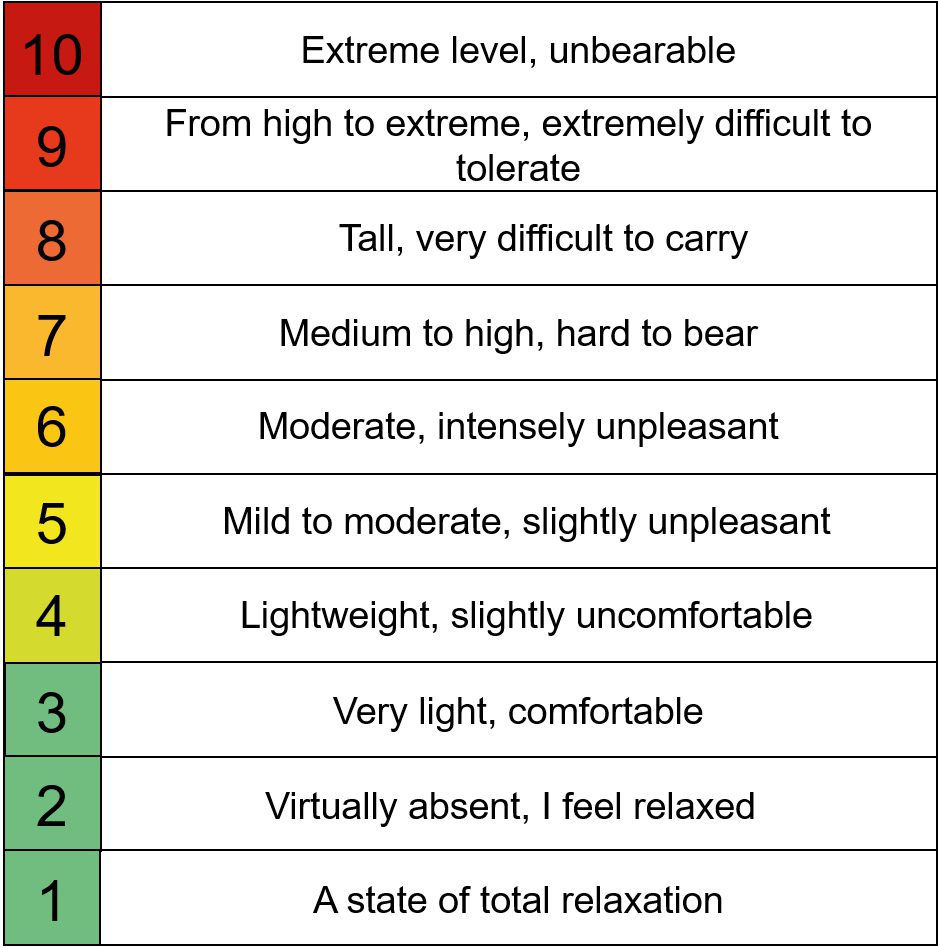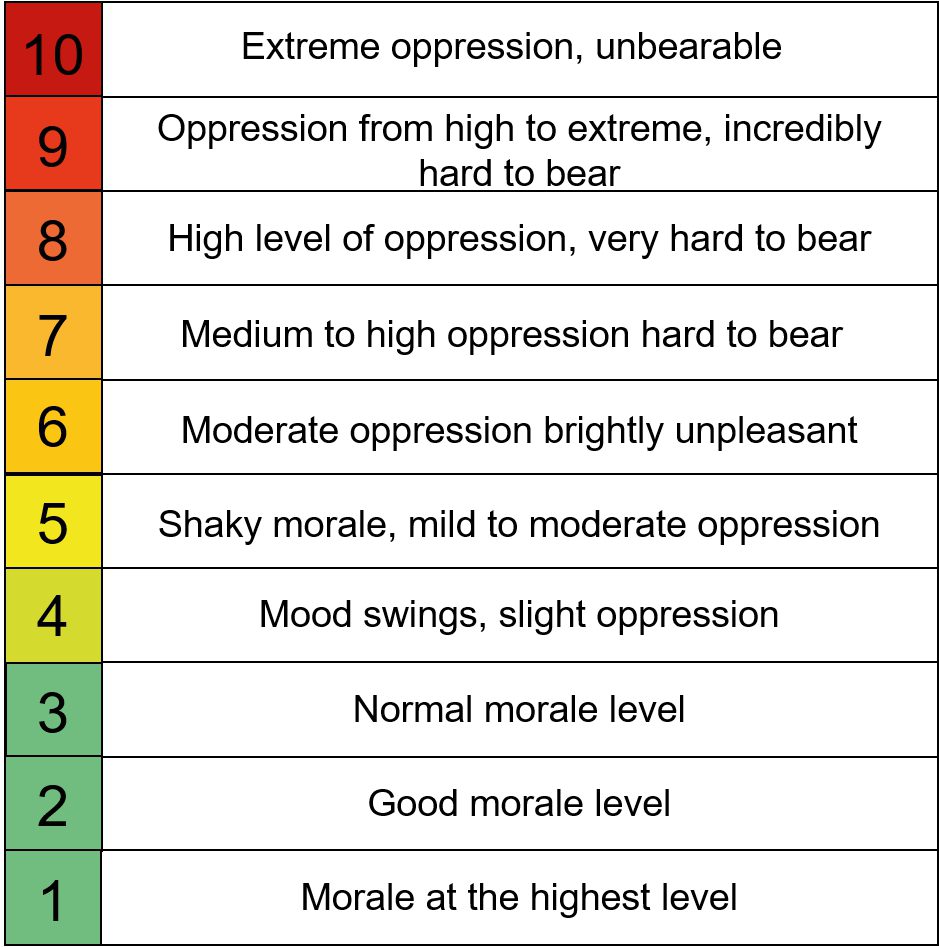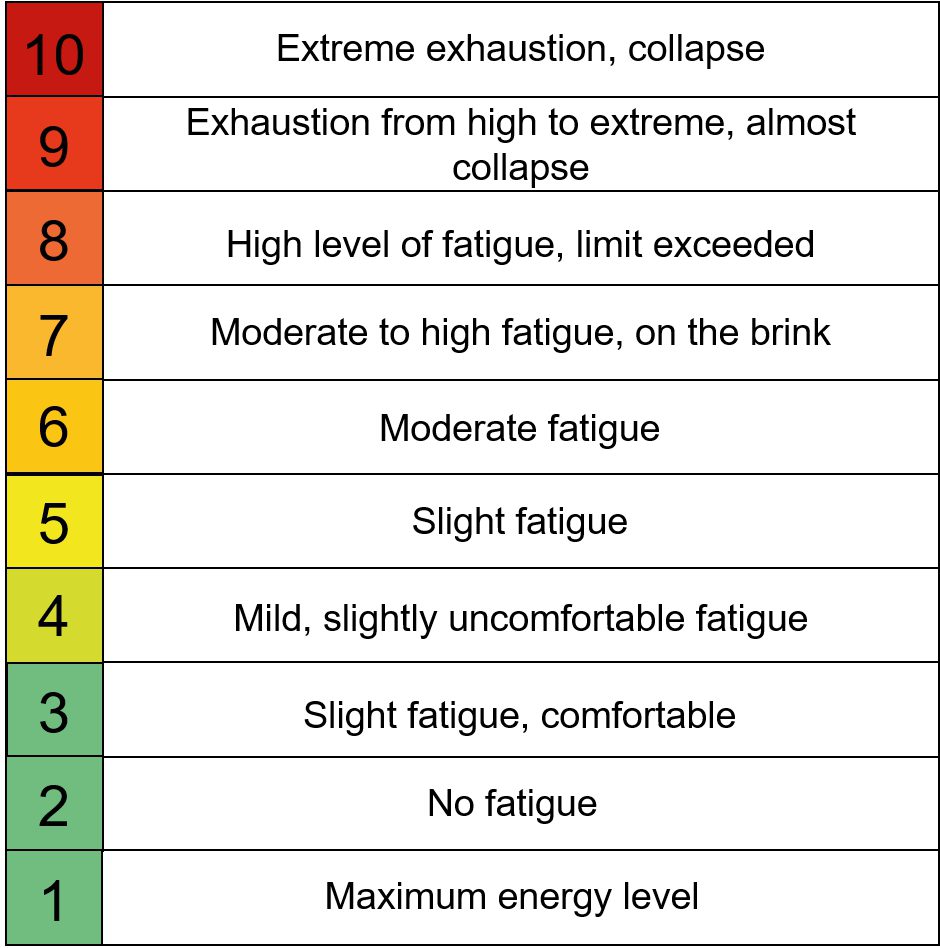Recruiter’s psychological health: why is it especially important?
The issue of psychological (emotional) health has become more relevant in our society, especially in times of COVID and war. At CleverStaff, we have been working on a applicants tracking system for over 8 years. However, if a person has psychological difficulties at work, the effects are more likely to affect performance, job satisfaction, and quality of life than our system. Therefore, with the help of practicing psychologists we decided to cover this topic from different angles, talking about possible psychological problems and methods of working with them – in a separate series of materials on how to maintain psychological health.
What is psychological health?
Psychological health is a person’s good and stable emotional state. But it does not mean that he/she is always happy and full of energy. According to the Head of the Psychological Center “DON’T PANIC” Daria Selivanova, psychological health is more of a useful habit of paying attention to your emotional state and the ability to give yourself timely help when various emotional problems arise.
It would seem that business has nothing to do with it and that the manager does not care what is in the soul of his/her average employee. But this is a rather superficial and simplified view. In fact, Ukraine, even in pre-war times, was one of the leaders in the number of cases of disability due to depression. This suggests that when a person suffers from depression (we are talking about the diagnosis, not just a bad feeling), he/she is not in the habit of seeking help in a timely manner. After all, we all know that feeling – “I can cope with all my problems on my own, I don’t need anyone’s help”, right? And then depression gets to the stage when a person just cannot get out of the house and, logically, completely loses interest in work.
Certainly, every recruiter can recall some similar condition when he/she cannot push himself/herself to get down to a familiar and not particularly difficult task. Simply because there is no energy and no desire.
In order not to get to situations where you just have to “take a long vacation”, “quit”, “change your profession”, because “I just do not have the strength to work anymore” – that is why it is so important to pay attention to your psychological health.
How and what are we going to do about it?
Recruiters work with a lot of people day in and day out, and we want you to come to work hot-eyes, not feeling like you need to “serve your time”. For this purpose, we decided to develop a series of materials to help you maintain your psychological health. We understand that in wartime, there is a double burden. On the one hand, you need to take care of your own safety of and your loved ones. On the other hand, you need to continue to do your job. And we are going to help you 🙂
We will start by telling you what kind of psychological problems you may face:
- Burnout and loss of interest in work;
- Difficulties in communication, conflicts, misunderstandings with colleagues;
- Procrastination and difficulty with self-organization;
- Social phobias and fear of communication;
- Anxiety and inability to focus on assigned tasks;
- Irritability, mood swings;
- Insecurity.
The war has expanded this list, and now more problems have been added to the most frequent ones:
- Forced migration and difficulty adapting in a new place;
- Post-traumatic stress disorder;
- Sleep disorders;
- Difficulty in organization of the workplace;
- Deferred living syndrome or not understanding how to live in the here and now;
- Fear of the future;
- Loss of loved ones;
- Difficulty getting along with others in the same area;
- Separation from family and feelings of loneliness…
In addition, problems that may have been present in pre-war times are now exacerbated. For example, panic attacks, fears, loss of the life purpose, and so on. And this is just a rough list.
When and how to conduct a psychological health checkup for a recruiter?
As we have mentioned above, it is important to get into the habit of paying attention to your emotional state. And, if necessary, to take action. A psychological health checkup should be done at least once a month. Better yet, once a week.
For example, every Monday you shall analyze whether you want to get to work and what emotions it evokes. Or you shall perform self-diagnostics if you have noticed that you have problems from the list above. In the meantime, we suggest you to do a simple test to determine your level of emotional tension and stress.
What is your level of tension or stress?
What is the level of morale?
What is the level of exhaustion?
Results:
You need to get the sum of all the answers. This will be the quantitative result.
Qualitative result.
If you have at least one scale score of 7 or higher, move to the red zone.
Green zone (3-10 points). The results seem to indicate that everything is okay. You do not have stress difficulties or expressed depression and fatigue.
Orange zone (11-18). This result may indicate that the life situation is beginning to produce unhelpful stress, depression or fatigue. It is time to implement techniques for psychological and physical recovery.
Red zone (19-30). This result indicates that stress, depression or fatigue is threatening you.
What should you do if your psychological health is at threat?
In future materials, we will talk a lot about how to help yourself. However, we will urge you to treat your psychological health consciously. When we are scratched, we can put a band-aid. When we break the leg, we need a doctor’s help and a cast to rehabilitate. The same is with emotional well-being. If you feel that you cannot cope with your problems on your own, it is necessary to seek psychological help.
We care about your psychological state. Let’s study it and improve it together ☺
We are grateful to the Psychological Center “Don’t Panic” for the preparation of this material.



